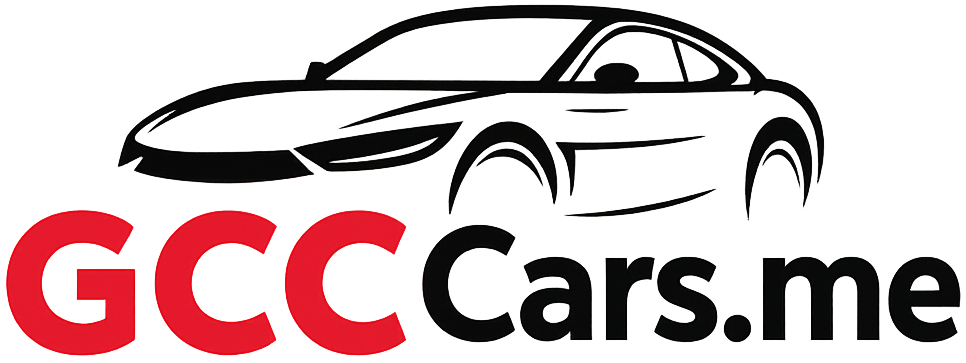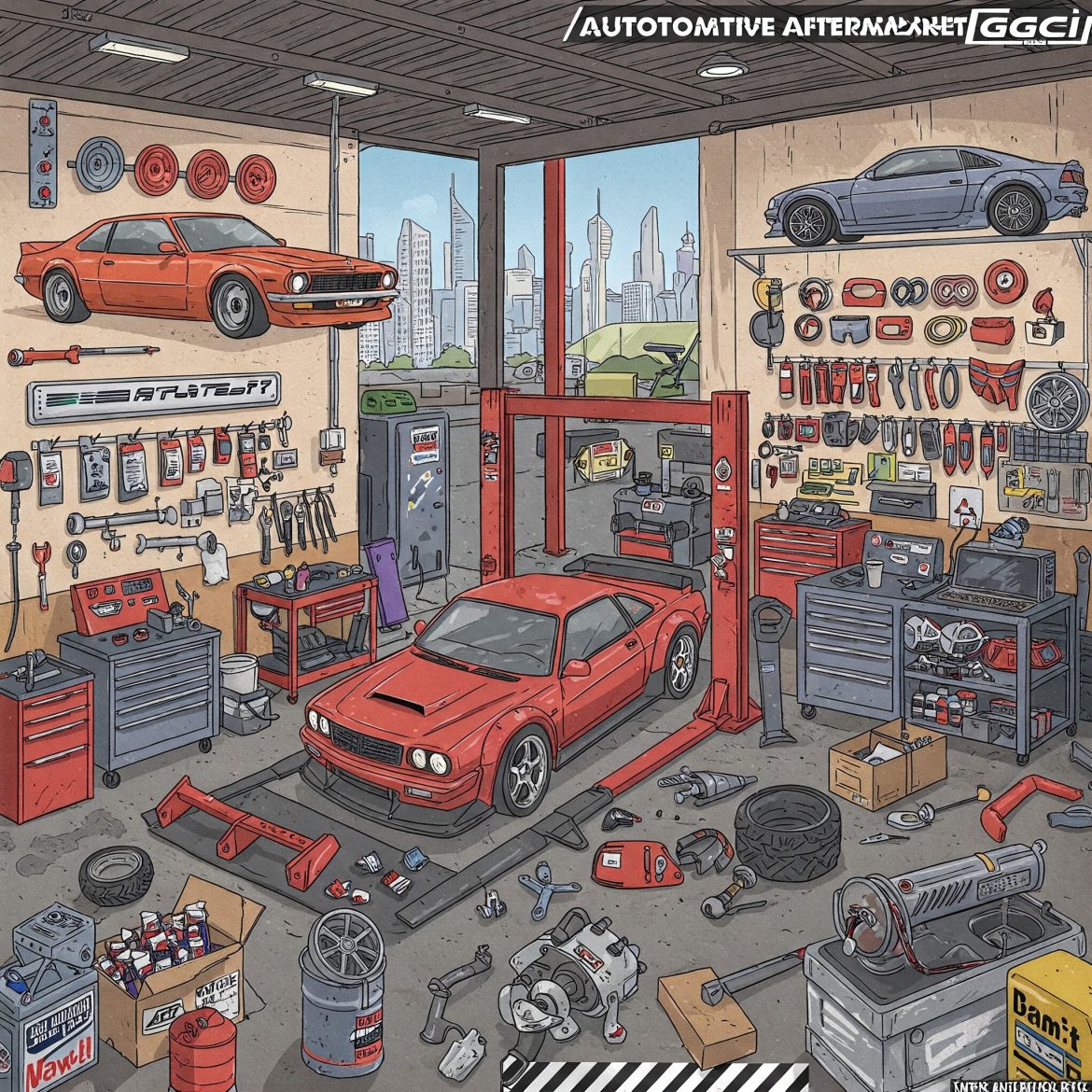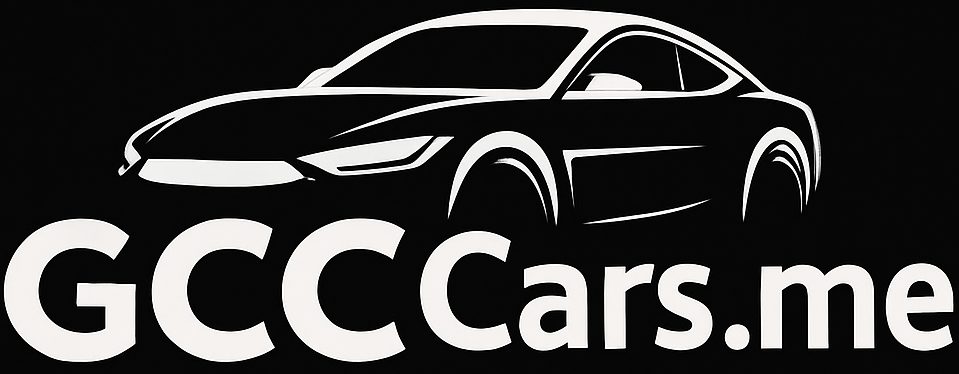Here is your content prepared for the WordPress editor with bold section headers and no line wrapping within paragraphs, as requested:
The Gulf Cooperation Council (GCC) region
The Gulf Cooperation Council (GCC) region represents a dynamic and rapidly expanding market for the automotive aftermarket. Fueled by a growing vehicle parc, increasing disposable incomes, and a rising demand for vehicle customization and maintenance, the GCC automotive aftermarket is poised for continued growth in the coming years. This article delves into the key aspects of this market, exploring its current environment, major players, and future prospects.
Current Market Environment
The GCC automotive aftermarket is characterized by several key trends:
• Increasing Vehicle Ownership: The rising number of vehicles on the road across the GCC countries is a primary driver for the aftermarket. This growth is supported by a young, urbanized population with increasing purchasing power.
• Aging Vehicle Fleet: As vehicles stay on the road for longer, the demand for replacement parts, maintenance, and repair services increases. The average lifespan of a vehicle in the GCC is increasing, further boosting the aftermarket.
• Demand for Quality Parts and Services: GCC consumers are increasingly aware of vehicle maintenance and reliability, driving demand for high-quality auto parts and services. The use of genuine and high-quality replacement parts is on the rise.
• Technological Integration: The integration of technology in automotive services is transforming the aftermarket. Innovations like advanced diagnostics, predictive maintenance systems, and online platforms are reshaping consumer expectations and business operations.
• E-commerce Growth: Digital platforms and e-commerce are significantly impacting the distribution of auto parts and components in the GCC. Online platforms connect suppliers, car owners, fleet operators, and garages, catering to the high aftermarket demand.
• Import Dependence: The GCC region relies heavily on imported vehicle components and parts, leading to higher costs. The lack of a robust local manufacturing base remains a major challenge.
• Competitive Landscape: The aftermarket is fragmented, with the presence of numerous OEM (Original Equipment Manufacturer) and IAM (Independent Aftermarket) brands. Cost-effective and reliable aftermarket parts from Asian countries like China, India, Thailand, and Indonesia are gaining popularity.
Major Players in the GCC Automotive Aftermarket
The GCC automotive aftermarket comprises a mix of international and regional players. Some of the major players include:
• OEM Dealerships: Authorized dealerships of major automotive brands play a significant role in the aftermarket, offering genuine parts and services. Examples include Al-Futtaim, Petromin, and Abdul Latif Jameel.
• Independent Aftermarket (IAM) Players: IAM players offer cost-effective alternatives to authorized service centers. Key players include the National Spare Parts Co. W.L.L., Arabian Parts Company, and the KAPICO Group.
• International Logistics and Supply Chain Companies: Companies like Ceva Logistics, DB Schenker, DHL, DSV, and Geodis play a crucial role in the automotive logistics market in the GCC, ensuring the seamless flow of parts and components.
• Parts Manufacturers and Suppliers: Major international players like Toyota Motor Corporation, Continental Almutlak, Delphi Technologies, DENSO Corporation, Michelin, ACDelco (General Motors), Robert Bosch, FZE, 1 and GoodYear also have a strong presence in the GCC aftermarket.
• Online Marketplaces: E-commerce platforms such as Speero and eSpare are emerging as important players, offering convenient access to a wide range of parts and services.
Future Trends and Prospects
The GCC automotive aftermarket is expected to witness significant growth and transformation in the coming years, driven by several key trends:
• Electrification of Vehicles: The increasing adoption of electric vehicles (EVs) in the GCC will create new opportunities and challenges for the aftermarket. EV-related aftermarket services, such as battery replacements, charging infrastructure maintenance, and software updates, will become increasingly important.
• Digitalization: The trend towards digitalization will continue to shape the aftermarket. Online platforms, mobile apps, and digital marketplaces will play a greater role in connecting customers with parts and service providers.
• Used Car Market Growth: The growing used car market in the GCC will further fuel the demand for aftermarket parts and services.
• Government Initiatives: Governments across the GCC are keen to reduce their reliance on imports and support the growth of a strong domestic automotive industry and auto parts manufacturing supply chain. This will likely lead to increased investment in local manufacturing and the development of the aftermarket.
• Focus on Value-Added Services: Automotive distributors are expected to diversify into value-added services such as emergency roadside assistance, accident management, insurance claims handling, and car subscription services.
• Increased EV adoption: With net-zero targets in place, EV adoption across the region is set to increase. This will highlight the need for investments in EV diagnostics, repair, and maintenance.
Conclusion
The automotive aftermarket in the GCC region presents significant opportunities for growth and innovation. Driven by a large and expanding vehicle parc, increasing consumer awareness, and technological advancements, the market is expected to continue its upward trajectory. Major players are adapting to the changing landscape by embracing digitalization, expanding their service offerings, and preparing for the rise of electric vehicles. As the GCC region continues to develop its automotive industry, the aftermarket will play a crucial role in ensuring the smooth operation and maintenance of the growing vehicle fleet.
This article on “Automotive Aftermarket in GCC region” is published and distributed by Arab Newswire. To reach a target audience with press release distribution in the automotive industry, contact us through these messaging platforms: WhatsApp +1832-716-2363, Telegram: @groupwebmedia.


